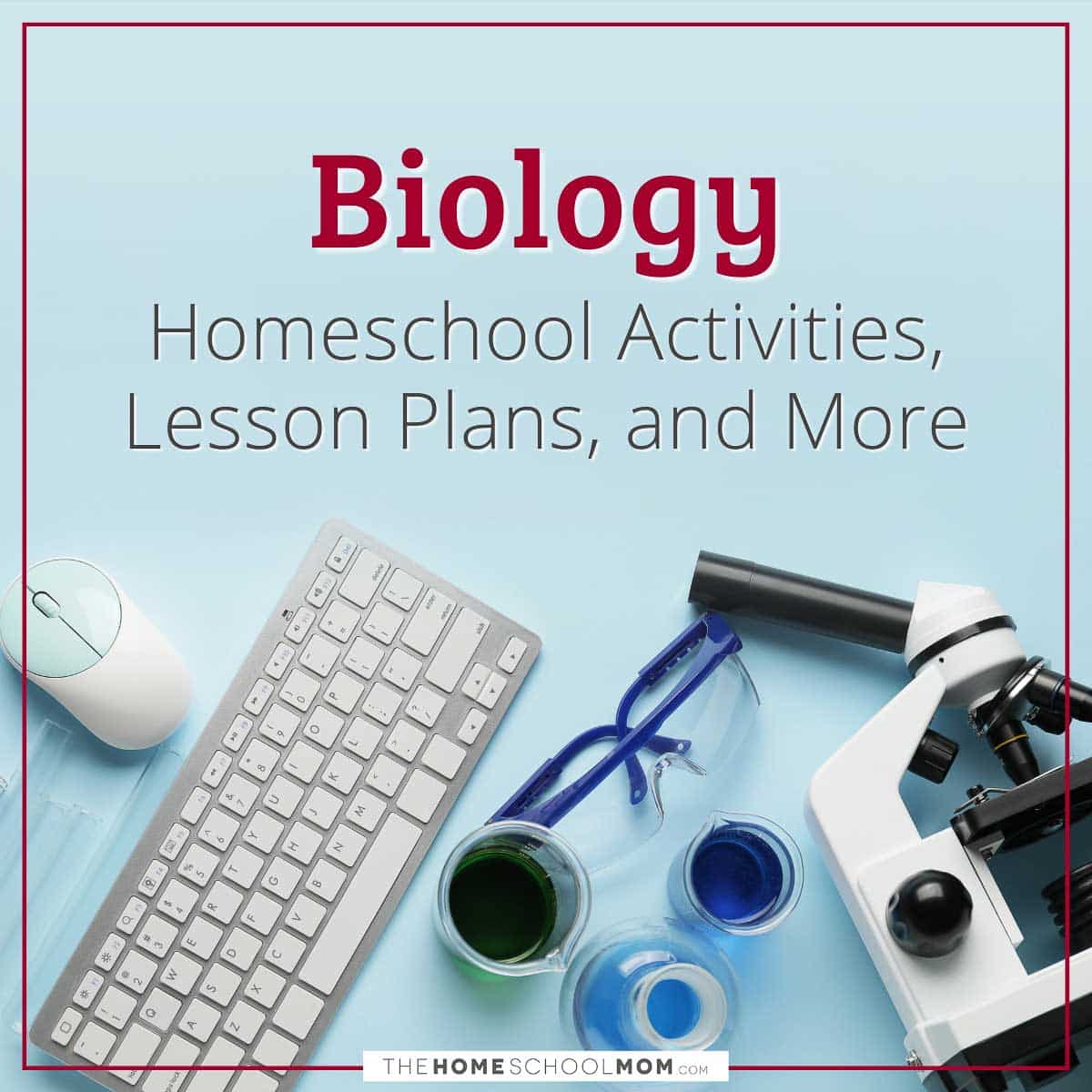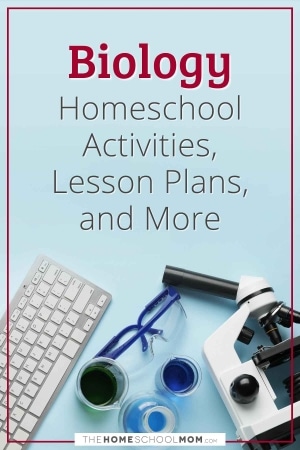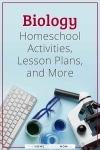Activities, Lesson Plans, and More
- Y—Young (PreK-3rd)
- M—Middle (4th-6th)
- O—Older (7th-12th)
- T—Teacher Resources
OpenStax Biology Textbook
OpenStax, a nonprofit organization affiliated with Rice university, offers free high school and college level textbooks with free web, ePub, or PDF versions and a low-priced print version.
CK-12 Biology for High School FlexBook®
The CK-12 Biology Flexbook® is an interactive, digital textbook that provides an introduction to biology concepts, such as cell biology, genetics, molecular biology, evolution, ecology, prokaryotes and viruses, protists and fungi, plants, animals, invertebrates, vertebrates, and human biology.

Google Arts & Culture: Biology & Natural History
Google Arts & Culture has a large collection of online biology resources, including interactive exhibits, virtual tours, lesson plans, and other educational materials. Learn about famous biologists, the history of biology, and more.
National Geographic Biology Resources
National Geographic has a large collection of lessons, activities, articles, videos, maps, interactives, and other educational resources for learning about and teaching biology.
The Lawrence Hall of Science Instructional Materials
The Lawrence Hall of Science at the University of California, Berkley, has a wealth of resources for teaching biology and other STEM subjects. In addition to online learning activities and educational articles, The Lawrence offers three different curricula options for K-12 students.
The Concord Consortium Life Science Activities
The Concord Consortium has a large collection of K-12 lessons, activities, interactives, visuals, and other resources for learning about and teaching life sciences.
NISE Life Science Resources
The National Informal STEM Education Network has a large collection of lessons, activities, videos, interactives, and other resources for learning about and teaching lifesciences, including synthetic biology, health & medicine, the human body, plants, animals, and microorganisms.
Khan Academy Biology Courses
Khan Academy offers a number of free, complete courses for middle school biology, high school biology, and AP biology. They also offer an advanced course in Health and Medicine, as well as a comprehensive biology library.
Visible Body: Biology Learn Site
This free educational biology website from Visible Body includes 3D models of cells, plant structures, DNA, blood, photosynthesis, evolution, and more. Visible Body also offers several paid web apps and software, but this free course can be completed in-browser and does not require a paid product subscription.
How to Smile: Life Sciences
The How to Smile website is a collaborative project created by several science museums and institutions. It offers a comprehensive Life Sciences section that covers hundreds of topics, including cells, DNA, proteins, evolution, plants, ecosystems, energy cycles, genetics, and tons more.
BioMan Biology
BioMan Biology is an educational website that is completely dedicated to biology. The site provides an introduction to body systems, cells, ecology, evolution, genetics, life chemistry, respiration and photosynthesis, and scientific methods. It has videos, quizzes, and resources for teachers.
Biointeractive
BioInteractive offers free biology lessons, videos, activities, and interactives for high school, AP high school, and college students. In addition to biology, you can find resources on plant and animal anatomy, biochemistry, cell biology, earth science, evolution, genetics, microbiology, and more.
Biology 4 Kids
This site offers and introduction to the science of biology. It's not just biology for kids, it's for everyone.
How Do I Become A Professional Biologist?
This article by George H. Burgess, Florida Program for Shark Research Director Emeritus, outlines the challenges in becoming a professional biologist, as well as the steps to take for students who would like to pursue biology as a career. From the Flordia Museum of Natural History.
Learn.Genetics
Learn.Genetics is an educational website by the University of Utah that provides an introduction to genetics, evolution, cell biology, human health, neuroscience, plants, and ecology.
Nova Labs: Evolution
Nova Lab from PBS teaches about evolution using an interactive, gamified platform. Students will explore the DNA, fossils, tree of life, and the relation between organisms. Includes videos, quizzes, and an educator guide.
Bone Biology for Kids
This is an educational site for middle school students from the University of Washington. It is intended to contain information about bones, the skeleton, bone health and other aspects of bone biology. The material will be a resource that can be used by health, biology and science teachers.
Biology Quizzes
These quick biology quizzes from Syvum are an easy way to study biology basics, including the classification of plants and animals, plant and animal cells, human organ and skeletal systems, and more. Designed for grades 5-10.
Ology: Genetics
Genetics activities, videos, games, and more for children from Ology - American Museum of Natural History.
Animal Learn.org
Ethics and alternatives to animal dissection in the classroom.
The Science Bank
Alternative to animal use in education.
American Anti-Vivisection Society
This website provides students with an alternatives to dissecting animals. Many organizations now offer free loan programs through which teachers and students can borrow non-animal alternatives at no charge.




